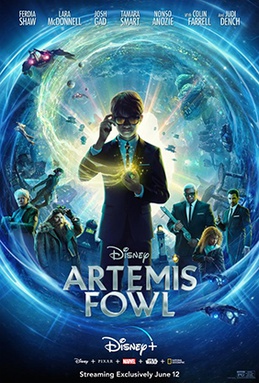Myerla's Movie Reviews.
2013 Films
Tuesday, 2 March 2021
Minari
Wednesday, 11 November 2020
Days
Tsai Ming-liang’s Days is the type of film the words “deliberately paced” was invented for. This meditative, virtually wordless film relishes in its slowness to the extent it’ll test the patience of many film-goers. Director Tsai Ming-liang allows his shots to linger in a way that’s a contrast to modern cinema. These shots, static and ponderous, linger on day to day activities in a busy city as people go about their lives. Among these people are Kang and Nom, one lives alone in a large house and the other in a small apartment. We follow these two as they go through the day, until they finally meet in a small motel bedroom.
Out of Africa
Wednesday, 30 September 2020
Tenet
Christopher Nolan’s Tenet is the only really big movie to soldier through the pandemic and be released in cinemas during the most lucrative time of the year. Others like Black Widow, No Time to Die and Mulan all were either pulled back to later in the year or released on a streaming service. Rightly or wrongly, Tenet went ahead with its release with many cinema chains banking on Nolan being so in demand people (some) will go out to their trip first cinema in half a year.



.png)





_-_release_poster.jpg)